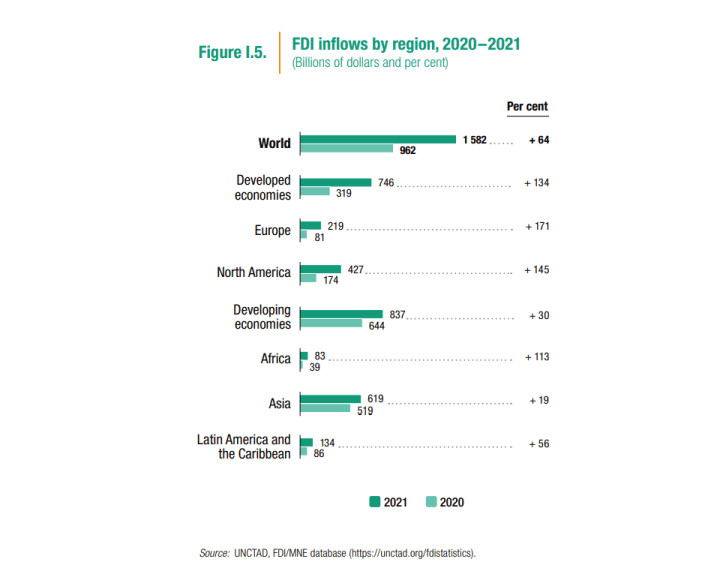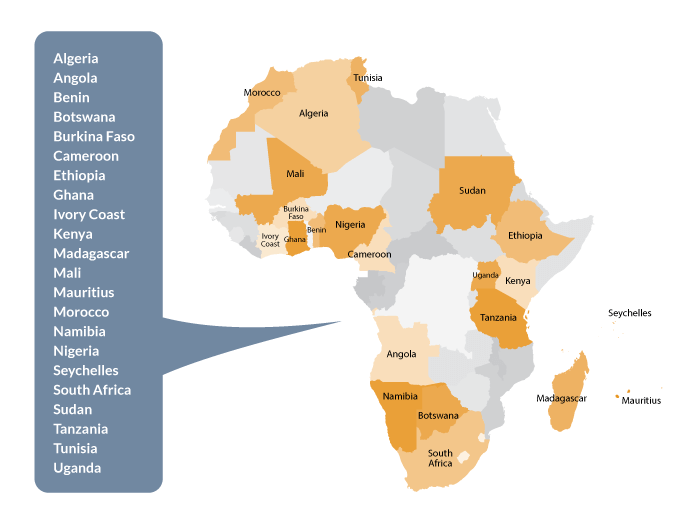The ability to gauge emotions and pick up on the unsaid dynamics of a conversation is an important skill in business. A conveying handshake, a confident gaze, or a subtle shift in tone can speak volumes in a business conversation. But what happens when those interactions move to a digital space?
Closing a critical deal or resolving a frustrating customer issue is challenging enough while dealing face-to-face. Now imagine trying to achieve the same outcome without the benefit of seeing their reactions, hearing their tone, or reading their body language
Understanding intent and emotion has been challenging now as business conversations happen over calls, emails, and chats.
That’s where the magic of call sentiment analysis comes in.
Call sentiment analysis is crucial for business and a key mechanism in enhancing customer experience, proactive issue resolution, data-driven decision-making, and competitive advantage. This tool can overcome the digital gap and provides insightful information on your customers’ feelings, which is even more accurate than in-person conversations.
Let’s discover how call sentimental analysis can help you make your digital chats more efficient.
What is Call Sentiment Analysis?
Call sentiment analysis evaluates customer feedback to determine opinions, emotions, and views regarding product lines, services, brands, marketing campaigns, and any other business matters. By leveraging natural language processing and artificial intelligence, call sentiment analysis provides valuable insights into customer emotions.
Businesses can better understand the quality of phone interactions by using this feature to assess the overall sentiment or mood of a business call and categorize the sentiment as positive, neutral, or negative.

Use this feature to understand customer emotions, identify areas for improvement, and make data-driven decisions that improve conversations and drive proactive sales and support efforts.
For example, organizations can contact disappointed customers directly and improve their offerings by monitoring customers’ opinions about the businesses and products or services.
With Global Call Forwarding, call sentiment analysis is seamlessly integrated into our AI Call Insights, offering businesses comprehensive insights into customer conversations.
How Does Sentiment Analysis Work?
Sentiment analysis uses artificial intelligence (AI) and large language models (LLMs) to analyze call transcripts. It then provides a clear sentiment ranking (positive, negative, or neutral), giving businesses valuable insights into call handling and customer reactions.
Here’s how sentiments are analyzed with Global Call Forwarding:
1. Call Recording
Firstly, the process of sentiment analysis starts with securely recording every incoming and outgoing call, and then the entire conversation is saved.
2. Process of Converting Call into Transcription
Next, our AI converts these calls into transcripts and thoroughly evaluates and analyzes the context and content of the discussion.
3. AI Analysis Using LLMs
The AI then uses LLM technology to analyze the conversation’s flow, tone, word choice, and discussion.
4. Sentiment Evaluation and Ranking
A sentiment ranking, such as “Mostly positive,” “Slightly positive,” “Neutral,” “Slightly negative,” and “Mostly negative” is generated from the analysis results to measure the sentiment.
5. Post-Call Reporting
After the call, sentiments are available on your control panel’s AI Insights dashboard. These sentiments are based on textual analysis of customer conversations and call transcription.
Businesses use this data to pinpoint areas for improvement in their communication tactics, enhance customer service, and gain a deeper understanding of customer emotions. For example, you can quickly identify and examine calls that require more attention. For instance, you can explore calls with “mostly positive” ratings to see what the customers liked and then those with “mostly negative” ratings to see what went wrong.
How Sales & Support Teams Can Use Sentiment Trends
By understanding sentiment trends, sales and support managers may improve team strategies, enhance customer experiences, and achieve more favorable outcomes. Managers can gain important insights by examining sentiment data to improve overall performance and call effectiveness.
Let’s explore how sales and support teams can use sentiment trends:
1. Gauge the Success of Sales and Support Calls
Identifying whether calls are heading toward success is essential for improving sales and supporting team performance. Sentiment analysis gives managers a clear picture of call outcomes, enabling them to determine which conversations achieved their business goals and which did not.

2. Analyze Why Calls Succeed or Fail
Support teams can dig deeper by examining call recordings and transcripts and researching the “why” behind call sentiment results. While unsuccessful calls highlight areas that require improvement, such as tone and handling objections, successful calls can be analyzed to uncover best practices.
3. Use Failed Calls as Training Opportunities
You can use calls marked with negative sentiments to teach team members how to handle difficult conversations and situations. Review recordings of these calls to identify opportunities for improving the quality of the service, building a faithful relationship with customers.

4. Monitor Team and Agent Performance
Sentiment data offers a quick overview assessment of team and individual performance. Whether you want to see individual agent performance or broader department or phone line activity, you can use phone tags and filters to narrow down call reports.
Managers can use these features together to nurture a culture of continuous development by highlighting underperforming team members, recognizing top performers, and rewarding excellence.
5. Encourage Proactive Issue Resolution
Bad calls don’t always have to have negative consequences. Managers can proactively handle critical issues, providing prompt solutions and preserving customer relationships by quickly recognizing negative sentiment.
6. Leverage Successful Calls for Upselling Opportunities
Positive sentiment immediately indicates customer satisfaction and engagement with your products or services. You can use these calls to explore cross-selling or upselling opportunities by offering more products or services that align with the needs of your target market.
7. Refine Sales and Support Strategies
Sentiment analysis can also help fine-tune your support and sales strategies by giving you a better read on customer emotions and feedback. For instance, sales teams can create more persuasive pitches by recognizing typical objections or pain areas, and support teams can modify their responses to better address customer issues.
8. Create a Feedback Loop for Ongoing Improvement
To establish a feedback loop, share and discuss sentiment trends with your team regularly. You can talk about what is effective, what needs improvement, and how data-driven initiatives are changing among your sales and support team. This openness keeps everyone aligned with company objectives and promotes a cooperative atmosphere.
This way, sales and support teams can turn call data into workable plans by methodically examining sentiment trends. This ensures ongoing development, improved customer relationships, and business growth.
Tired of Missed Customer Opportunities? GCF Can Help
Global Call Forwarding offers real-time sentiment insights from each call. With advanced AI VoIP capabilities, our AI Call Insights features—including our Sentiment Analysis, Call Transcripts, and Call Summary—are designed to meet the demands of businesses.
Our AI features help managers and agents stay on top of every call by filtering conversations across phone lines and teams. With sentiment analysis, they can pinpoint problematic calls, quickly review key details through summaries, and investigate deeply with transcripts and recordings. This enables smarter decision-making, improving customer satisfaction and boosting overall efficiency in sales and support.
Want to give sentiment analysis a test-drive? Please speak with our representatives and get in touch with us. Call us at +1 (561) 908-6171!














